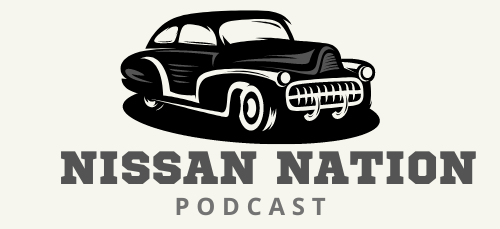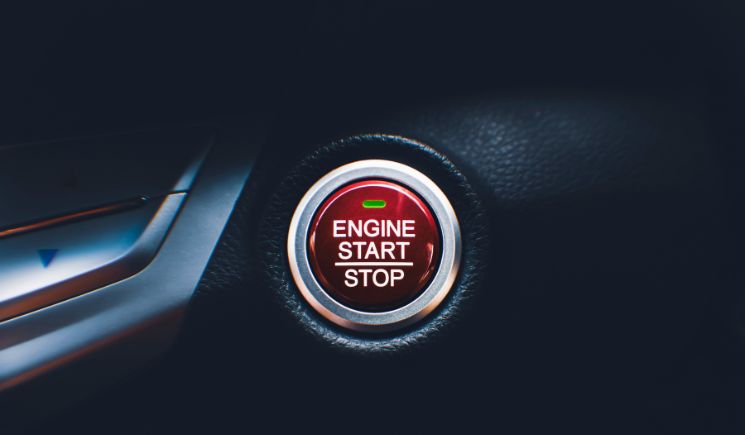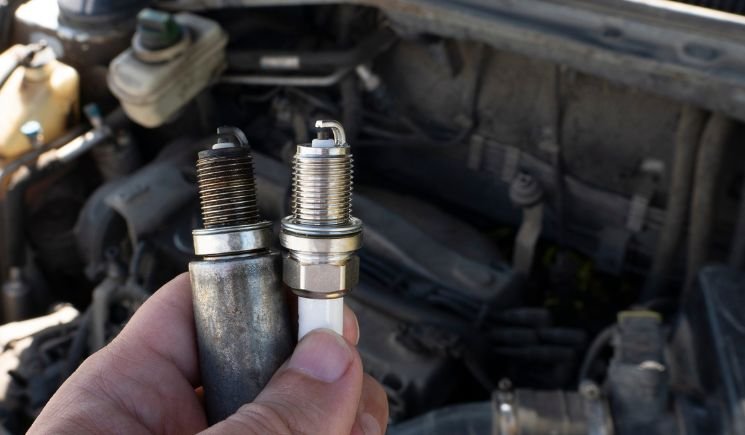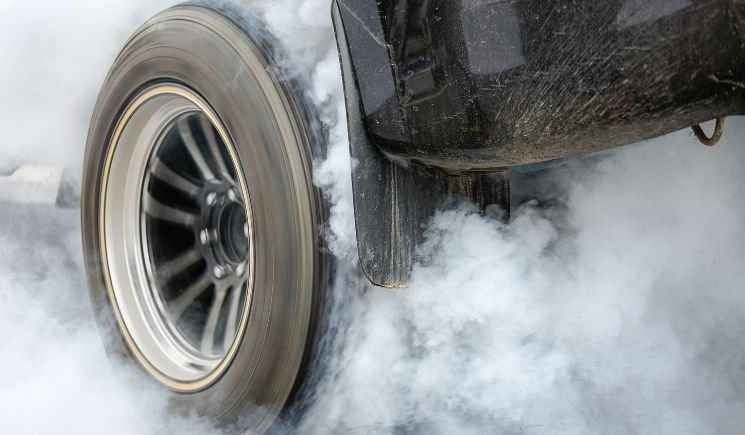Whistling Sound When Accelerating In Nissan: Causes And Solutions
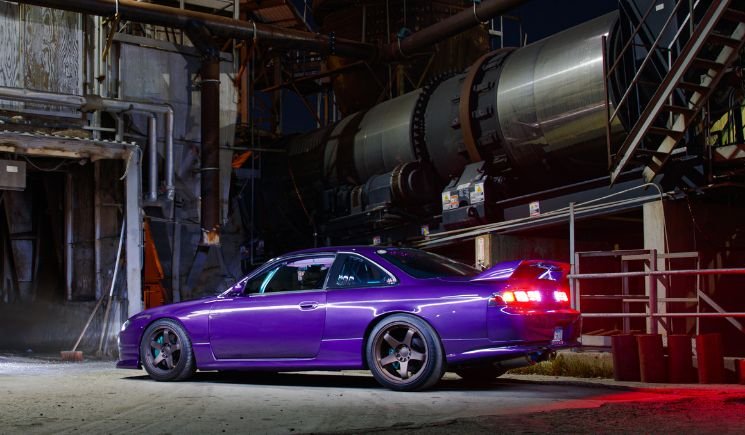
Hearing an odd whistling noise when you step on the gas in your Nissan can be annoying and unnerving.
This high-pitched whine gets louder as acceleration increases, then fades as speed decreases. Pinpointing the root of the noise takes some detective work, but this guide will walk you through the likely causes and solutions to overcome this issue.
Therefore, you can silence that whistling Nissan with simple checks and repairs to have a smooth ride again.
Table of Contents
Causes For The Whistling Sound When Accelerating In A Nissan Vehicle
Intake Leaks
- One of the most common reasons for hearing a high-pitched whistling from the engine bay when accelerating your Nissan is an intake leak.
- This occurs when there is a gap or Crack in the tubing by bringing fresh air into the engine.
- As acceleration increases the airflow, this gap allows extra air by creating turbulence that results in a whistling or whining noise.
Turbocharger Issues
- Nissan vehicles equipped with a turbocharger are prone to whistling noises that are emanating from the turbo.
- As turbo RPMs increase during acceleration, faulty bearings, improper blade angles, or even a loose turbo housing can interact with rushing air to create a whistling tone.
Exhaust Leaks
- Air leaking from a crack or hole in the exhaust system can also manifest as a whistling noise when accelerating.
- Higher exhaust pressures from increased engine power can push air through small exhaust leaks by, resulting in a high-pitched whistle as the air rushes out.
Clogged Air Filter
- A clogged or, in some cases, a dirty air filter can be the culprit behind whistling from the engine bay during acceleration.
- Since the air filter removes dust particles and other debris from the air before reaching the engine, a clogged filter forces the engine to work harder to draw sufficient air by creating a whistling sound when accelerating.
Solutions For The Whistling Sound When Accelerating In A Nissan Vehicle
- If an intake leak is the cause of whistling from under the hood when accelerating, thoroughly inspect all intake components to find the source of the leak.
- Check intake tubing for cracks, loose clamps, or disconnects, which allows unmetered air into the system.
- If the turbo bearings are out of shape, they must have a replacement with an OEM parts kit to restore proper shaft clearances.
- Check the turbocharger blades for any damage or debris buildup which could alter the airflow. Verify that the turbo housing is securely on the spot with no leaks.
- Inspect the entire exhaust system for any external cracking, rust, or separation that could allow exhaust gases to escape. Pay particular attention to exhaust manifold gaskets, which commonly degrade and leak.
- Install a new, clean air filter that meets OEM specifications for optimal filtration and unrestricted airflow. If the air filter is no longer in good condition.
FAQs About The Whistling Sound When Accelerating In Nissan
Q: When should I replace my Nissan’s air filter?
A: Consult your owner’s manual for the recommended replacement intervals. In general, replacements are ideal around 20,000 – 30,000 miles. Check the filter annually and replace it sooner if it’s dirty.
Q: Can I drive with a whistling sound when accelerating in my Nissan?
A: Driving long distances with a whistling noise under acceleration is not ideal. This indicates an issue needing prompt attention, like an intake or exhaust leak, which can reduce engine performances. But it’s OK for short trips to a repair shop.
Q: What DIY fixes can I do to fix this issue?
A: Only attempt minor fixes like clamping intake tubes or spraying gaskets. For major repairs like replacing the turbo, exhaust parts, or damaged intakes, it’s best to see a qualified mechanic.
